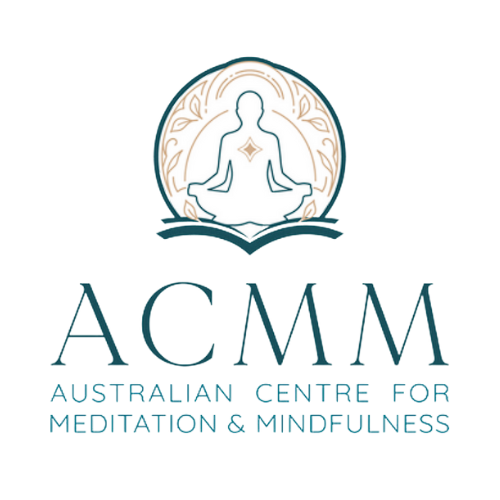1.5 min read – This article discusses the importance of befriending and embracing the inner child to become empowered meditation teachers.
Having spent over 6 years learning from and 5 years working with my holistic living counselling teacher Alannah Dore, I learned about something very profound that changed the way I manage my life (especially my emotional life). That emotional honesty and validation of the inner child are the cornerstone of healing, self-love and personal success. This can be achieved through meditation and befriending the inner child.
What is the inner child?
Our inner child is our feelings. These may be current feelings that we experience day to day and past emotions that resurface from time to time. In meditation teaching, as in other fields of personal growth and psychology, we can find the belief espoused that we need to keep some distance from our feelings. When meditating regularly our observer/witness self is activated, and emotional regulation is a pleasant result. We don’t feel as overwhelmed by our feelings and that is a wonderful thing. However, we need to be aware and careful that we don’t move too far in the other direction and ignore, deny or intellectualize our feelings.
Meditation and the inner child
Meditation and stillness provide a huge opportunity. A chance to hear the deeper stirrings within ourselves and become aware of our feelings. If we see our negative feelings as something to be avoided, then we may miss out on hearing what our inner child wisdom has to say (and there can be some big treasure in there). If we are afraid of our negative feelings then we will inevitably also be unable to fully feel our positive feelings. The heart cannot distinguish between positive and negative. If we close our hearts to the feelings that we perceive as negative, then we will also shut away the potential joy, love, deep compassion and rapture that can be achieved through meditation.
Jack Kornfield is a strong advocate of feeling all our feelings: “When pleasant feelings arise and we automatically grasp them, or when unpleasant feelings arise and we try to avoid them, we set up a chain reaction of entanglement and suffering. This perpetuates the body of fear. However, if we learn to be aware of feelings without grasping or aversion, then they can move through us like changing weather, and we can be free to feel them and move on like the wind. It can be a very interesting meditation exercise to focus specifically on our feelings for several days.”
Embracing the inner child to reach our potential as meditation teachers
To embrace our deepest potential in meditation and as meditation teachers, we need to develop the openness of listening to our feelings or inner child. This opens our hearts to our full potential and the brilliance of our inner child, including:
- original ideas and thinking
- deeper, more soulful connection with ourselves, nature and others
- more joy
- spontaneity and fun
- playfulness
- curiosity
- creativity
- sense of adventure, wonder and awe
These feelings are accessible when we nurture and support our inner child by listening to their feelings and needs and acting on any needs that are illuminated. Being open to feelings in meditation and beginning a journalling practice are great ways to start. Of course, if your negative feelings are overwhelming to you at any time, then it’s important to seek counselling and someone to talk to.
Staying fluid and open with these feelings allows a deeper meditation experience and enhances our capacity to engage with others. Of course all children need boundaries (including our inner children); part of the journey involves learning when and with whom it is safe to share our feelings, and learning which feelings need safe expression and understanding (perhaps with the support of a therapist) rather than being expressed in a way that will damage our relationships.
Building a relationship with our inner child empowers us
What do we all need? Someone to listen, care, understand and see us. As you listen to yourself and support your feelings responsibly, with healthy boundaries, you show great care and develop a deep understanding both of yourself and human nature. You can then come out the other side of these feelings with true compassion and wisdom, and a new respect for the incredibly wise, strong, honest and beautiful child within.
Nurturing a relationship with your inner child impacts your meditation teaching in positive ways. You can:
- Be a more authentic communicator and facilitator (since you have less emotional defenses and more compassion)
- Be more self compassionate
- Enjoy a deeper meditation practice
- Have the tools to manage triggers from clients and students
- Be less likely to project unfelt feelings onto your students and clients
- Greater self confidence since we are less afraid of feelings
When we use practices that enable this relationship to flourish and operate, we build feelings of self-efficacy and self-esteem. It helps us to feel empowered. It helps us to handle the ups and downs that life brings with optimism. We are then able to tap into the true wisdom that comes from deep inner resolution. This wisdom can act as our inner guidance; leading us on a deeply fulfilling path.
Love,
Lisa x
PS If you would like support with processing emotions that feel overwhelming, speak to your doctor about a referral to a psychologist or counsellor. If you are a student at ACMM, look at our StudentWellbeing page (accessible through the student login page) to see the counsellors available.






